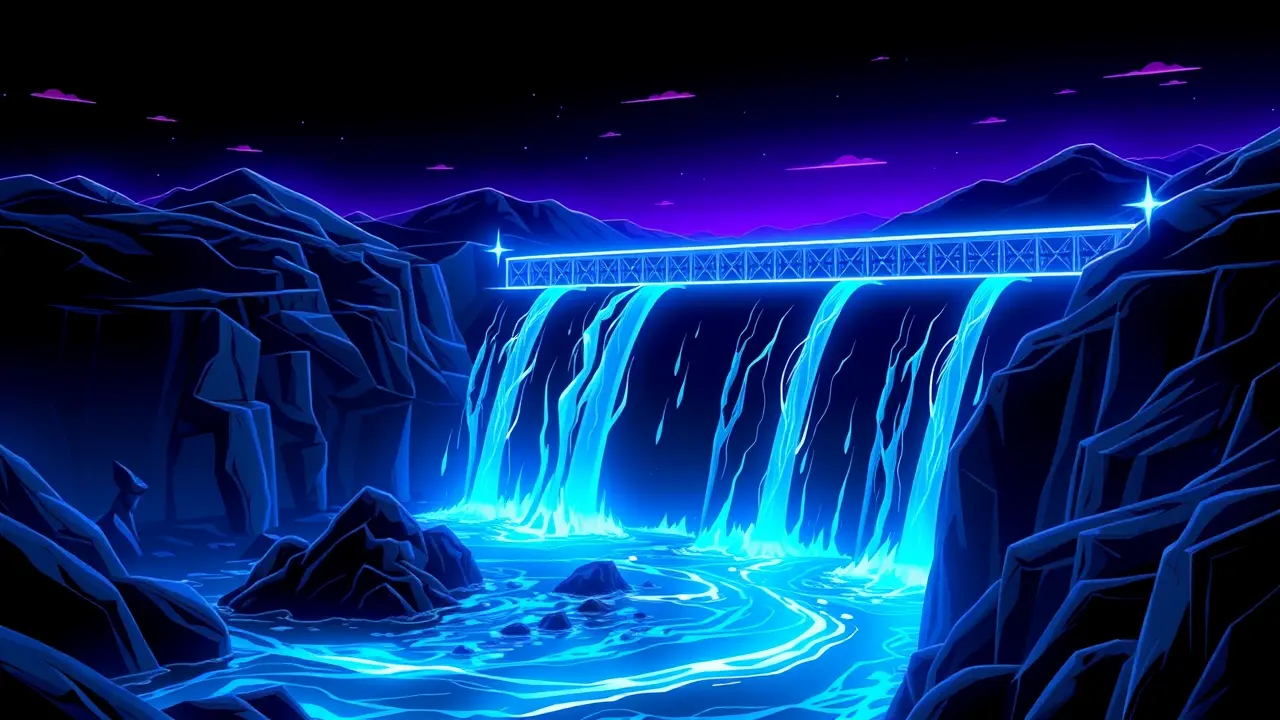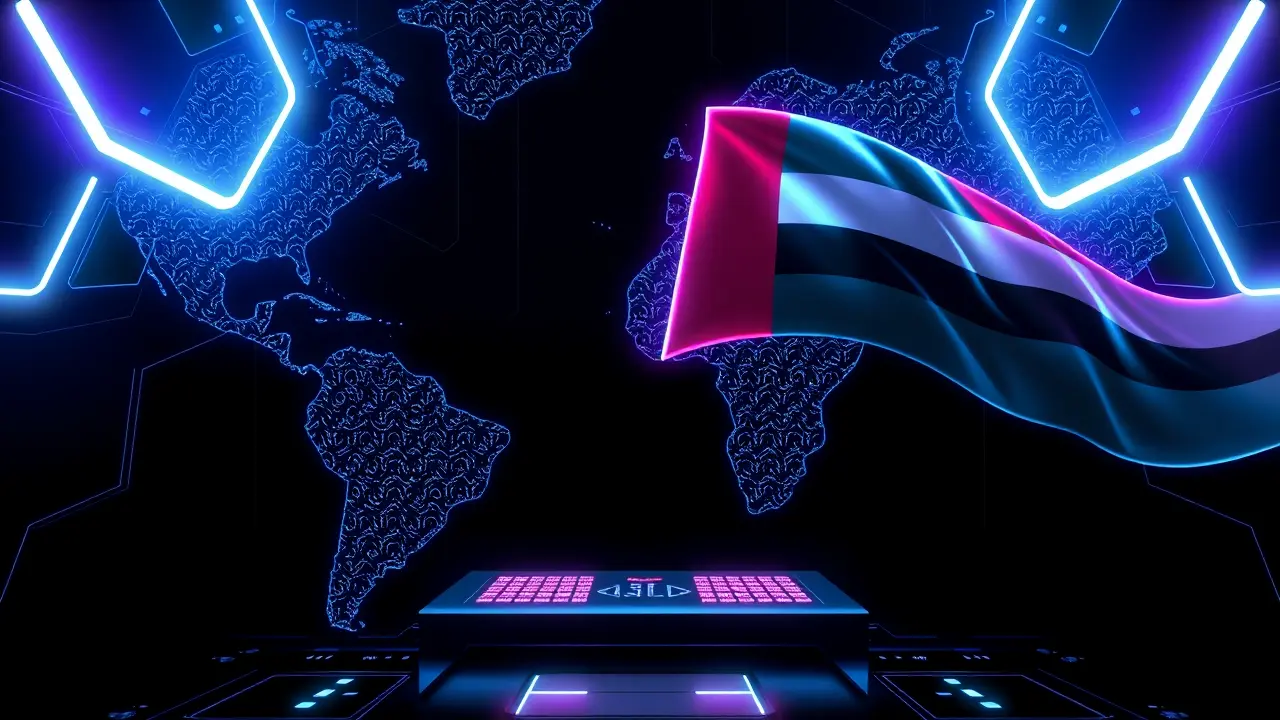
PoliticsdiplomacyBilateral Relations
Nile Dam Inauguration Causes Regional Tension Between Ethiopia, Egypt, Sudan
OL
Oliver Scott
2 hours ago7 min read
The ceremonial inauguration of Ethiopia's Grand Ethiopian Renaissance Dam in September was not merely the opening of an infrastructure project; it was the detonation of a geopolitical fault line that had been trembling for a decade. Hailed by Addis Ababa as a 'generational victory' crucial for powering its economic ascent, the dam's activation was immediately framed downstream as an 'existential threat' by Egypt and a severe operational hazard by Sudan, setting the stage for a protracted and volatile dispute over the Nile's life-sustaining waters.This is not a simple diplomatic spat but a classic case of hydro-political risk, where national survival, energy sovereignty, and regional hegemony are all staked on the flow of a single river. The core of the conflict is an irreconcilable asymmetry of interests.For landlocked Ethiopia, a nation of over 120 million with historically low electrification rates, the GERD represents the cornerstone of its developmental ambitions, a 6,000-megawatt catalyst that promises to lift millions from poverty and establish its dominance as the East African power hub. Its filling of the massive reservoir, conducted unilaterally through successive rainy seasons, was a calculated assertion of sovereignty over the Blue Nile, which contributes the majority of the Nile's water but from which Ethiopia has historically derived minimal benefit.Conversely, for Egypt, a desert nation where 95% of its population clings to the Nile's banks, the river is quite literally the nation's artery. Its entire civilization, agriculture, and national identity are built upon a 5,000-year-old dependency, codified in colonial-era treaties that granted it the lion's share of the water and a veto power over upstream projects—a vestigial privilege Ethiopia now flatly rejects.Cairo's rhetoric of an 'existential threat' is not hyperbole but a reflection of a genuine national security calculus; a significant reduction in the Nile's flow could cripple its agriculture, destabilize its massive population, and threaten the government's fragile legitimacy. Sudan, caught geographically and politically in the middle, has a more nuanced position.While it initially recognized the potential benefits of the GERD, such as regulated flow that could reduce flooding and siltation in its own dams, it has grown increasingly alarmed by Ethiopia's operational opacity. Khartoum fears that Addis Ababa's unilateral management of the dam's gates could lead to catastrophic water shortages or sudden floods that would jeopardize the safety of its own Roseires and Merowe dams, directly threatening millions of Sudanese citizens living downstream.The repeated failure of negotiations, mediated variously by the African Union, the United States, and the UN Security Council, underscores the profound lack of trust and the zero-sum nature of the bargaining. Ethiopia demands a guiding principle of 'equitable and reasonable utilization' as per international water law, while Egypt insists on the inviolability of 'historic rights' and a legally binding agreement on a minimum annual flow.Sudan pleads for a trilateral mechanism with real teeth for data sharing and conflict resolution. Each round of talks has collapsed over these fundamental incompatibilities, with accusations of bad faith flowing as freely as the river itself.Looking forward, the scenario planning paints a grim picture. A military conflict, while a worst-case scenario, cannot be entirely discounted, given Egypt's past declarations that 'all options are on the table.' More likely is a protracted period of economic and diplomatic warfare, with Egypt leveraging its alliances with Gulf states and its influence in international financial institutions to pressure Ethiopia, while Addis Ababa seeks to rally African solidarity against what it frames as neo-colonial hydrology. The risk of accidental conflict is also high—a miscommunication over dam operations during a drought year could easily be misinterpreted as an act of aggression, triggering a crisis with no clear off-ramp. The GERD dispute is thus a bellwether for 21st-century resource conflicts, a stark reminder that as climate change intensifies and populations grow, the battles of the future may not be fought over oil, but over water.
#lead focus news
#Grand Ethiopian Renaissance Dam
#Nile River
#Ethiopia
#Egypt
#Sudan
#water dispute
#regional tension
#diplomacy
Stay Informed. Act Smarter.
Get weekly highlights, major headlines, and expert insights — then put your knowledge to work in our live prediction markets.
Related News
© 2025 Outpoll Service LTD. All rights reserved.














